Human CTGF ELISA Kit
$299.00 – $419.00
ELISA Kit Detail Information
| Related Target | |
|---|---|
| Species | human |
| Sample Type | Serum, plasma, cell culture supernatant, and other biological samples |
| Sample Volume | 50 μL |
| Sensitivity | 2.31 pg/mL |
| Array Range | 62.5 pg/mL – 4000 pg/mL |
| Assay Time | 3.5 h |
| Recovery | 88% – 115% |
| Average Recovery | 103% |
| Intra Precision | 4.9% – 6.7% |
| Inter Precision | 6.3% – 7.5% |
| Plate | Detachable 96-well plate |
| Storage | If the reagent kit is unopened, it should be stored at 4℃. However, if it has been opened, the standard solution should be stored at -20℃, while the other components should be stored at 4℃. |
| Delivery | 4℃ blue ice transportation |
| Components | 96-well polystyrene enzyme-linked immunosorbent assay (ELISA) plate coated with anti-CTGF monoclonal antibody Human CTGF freeze-dried standard CTGF detect Antibody Standard Diluent Assay Buffer(10×) Substrate TMB Stop Solution Washing Buffer(20×) Sealing Film |
| Assay Principle | This kit utilizes the double antibody sandwich enzyme-linked immunosorbent assay (ELISA) detection technique.Specific anti-human CTGF antibodies are precoated on a high-affinity ELISA plate. Standard samples, test samples, and biotinylated detection antibodies are added to the wells of the ELISA plate. After incubation, CTGF present in the samples binds to the solid-phase antibodies and the detection antibodies. After washing to remove unbound substances, streptavidin-HRP labeled with horseradish peroxidase is added. After washing, a colorimetric substrate, TMB, is added and the plate is incubated in the dark for color development. The intensity of the color reaction is directly proportional to the concentration of CTGF in the samples.A stop solution is added to terminate the reaction, and the absorbance value is measured at a wavelength of 450 nm (with a reference wavelength range of 570-630 nm). |
Related Targets
CCN2
CCN2 Target Infomation Overview
- Target Symbol: CCN2, cellular communication network factor 2
- Gene Groups: Cellular communication network factors
- Alias: IGFBP8
- Previous Names: CTGF
- Alias Names: connective tissue growth factor
CCN2, cellular communication network factor 2 Target Infomation by Species
- Human
- Mouse
- Rat
Human CCN2 Target Information
- Target Symbol: CCN2, cellular communication network factor 2
- Alias:
- CCN family member 2
- connective tissue growth factor
- CTGF
- HCS24
- hypertrophic chondrocyte-specific protein 24
- IBP-8
- IGF-binding protein 8
- IGFBP-8
- IGFBP8
- insulin-like growth factor-binding protein 8
- MGC102839
- NOV2
- NCBI_Gene: 1490
- UniProtKB: P29279
Human CCN2 Predicted Functions
Enables protein C-terminus binding activity. Involved in positive regulation of MAPK cascade; positive regulation of cell differentiation; and positive regulation of stress fiber assembly. Colocalizes with collagen-containing extracellular matrix. Biomarker of ovarian cancer.
Mouse Ccn2 Target Information
- Target Symbol: Ccn2, cellular communication network factor 2
- Alias:
- connective tissue growth factor
- Ctgf
- fibroblast inducible secreted protein
- Fisp12
- Hcs24
- hypertrophic chondrocyte-specific gene product 24
- NCBI_Gene: 14219
Mouse Ccn2 Predicted Functions
Enables heparin binding activity and integrin binding activity. Acts upstream of or within several processes, including cartilage condensation; cell surface receptor signaling pathway; and chondrocyte proliferation. Located in extracellular matrix and extracellular region. Is expressed in several structures, including alimentary system; cardiovascular system; central nervous system; sensory organ; and skeleton. Orthologous to human CCN2 (cellular communication network factor 2).
Rat Ccn2 Target Information
- Target Symbol: Ccn2, cellular communication network factor 2
- Alias:
- CCN family member 2
- connective tissue growth factor
- connective tissue growth-related protein
- Ctgf
- CTGRP
- NCBI_Gene: 64032
Rat Ccn2 Predicted Functions
Enables fibronectin binding activity and growth factor activity. Involved in several processes, including positive regulation of G0 to G1 transition; positive regulation of collagen biosynthetic process; and positive regulation of macromolecule metabolic process. Located in several cellular components, including cell cortex; cis-Golgi network; and perinuclear region of cytoplasm. Used to study endomyocardial fibrosis. Biomarker of several diseases, including artery disease (multiple); lung disease (multiple); membranoproliferative glomerulonephritis; primary biliary cholangitis; and restrictive cardiomyopathy (multiple). Orthologous to human CCN2 (cellular communication network factor 2).

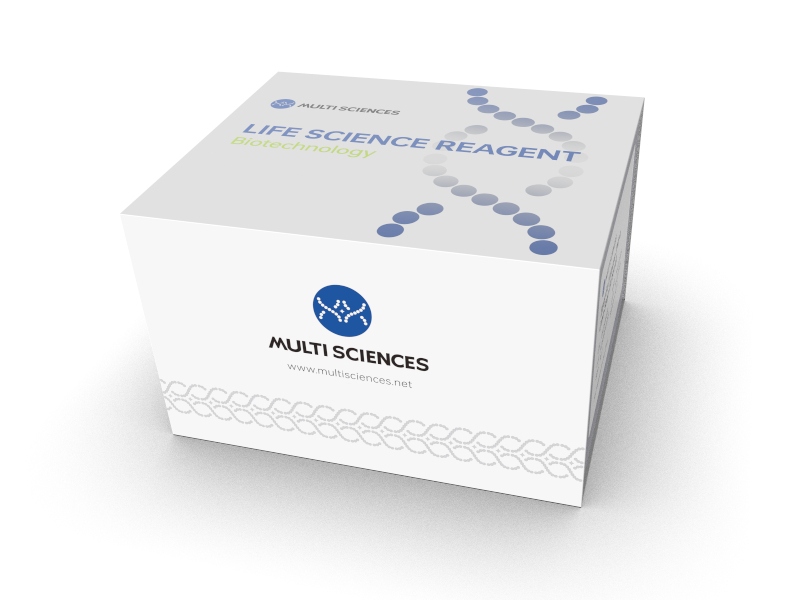
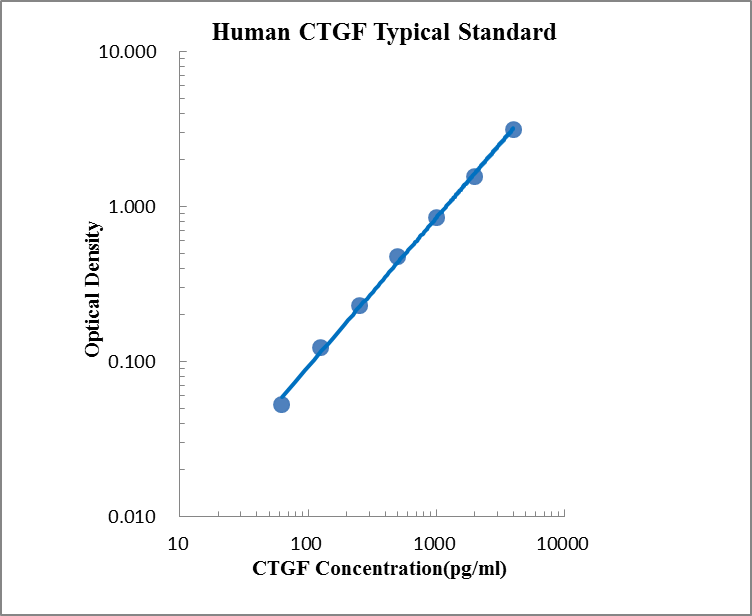
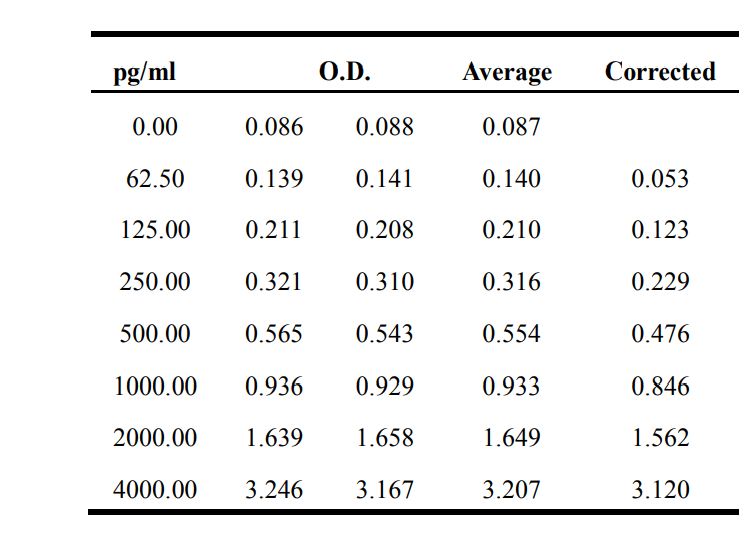

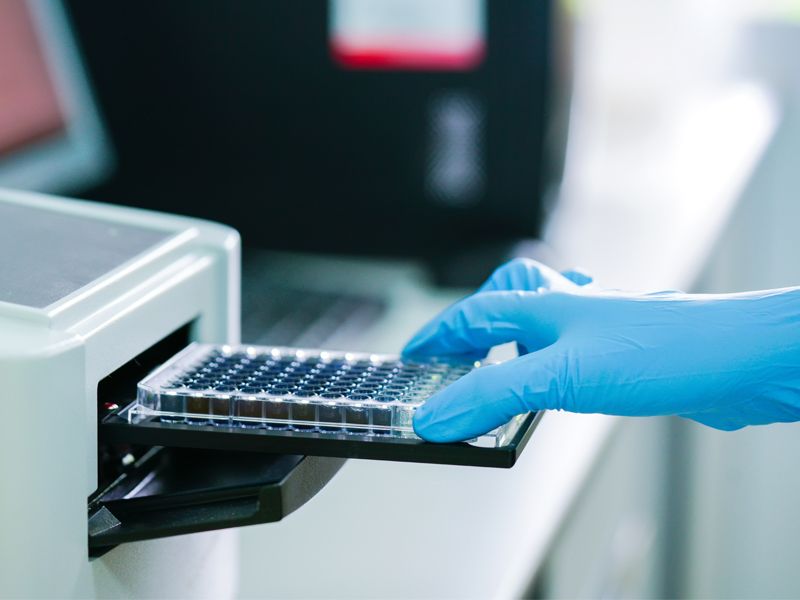
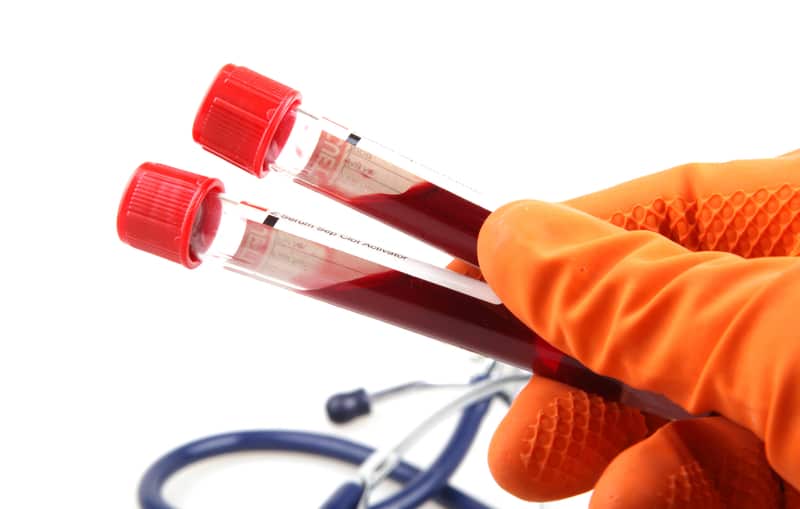

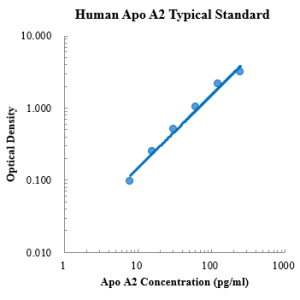
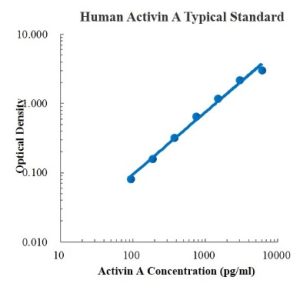
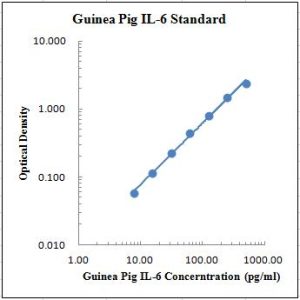
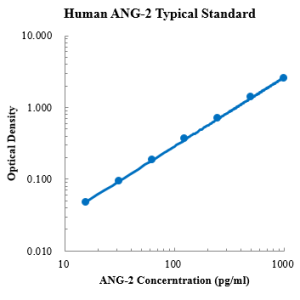
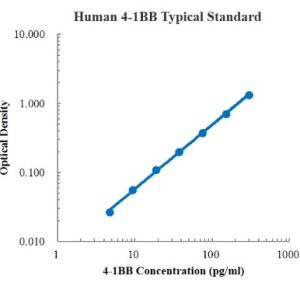
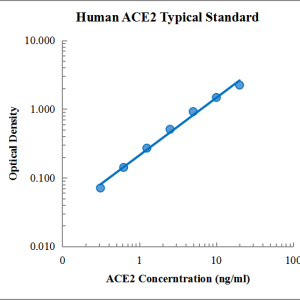
Reviews
There are no reviews yet.